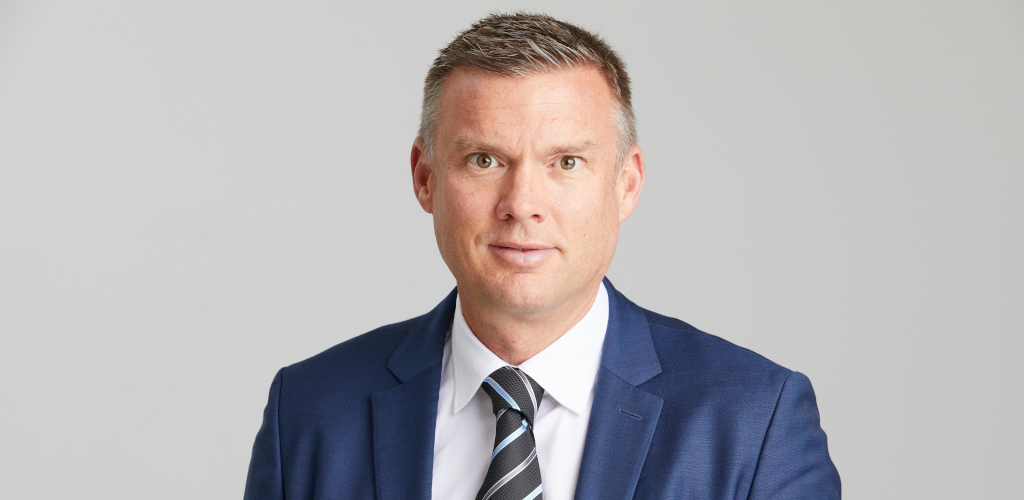TGP’s Simon Duke Says Disrupted Supply Chain Requires Pricing Reset

By Carly Fields
Managing client expectations is now one of the biggest challenges for global project forwarders as they navigate a complex global supply chain affected by a range of factors including congestion, fluctuating fuel prices and capacity shortages, according to a senior forwarding executive.
Speaking to Breakbulk, Simon Duke, CEO Middle East & Asia Pacific for Trans Global Projects, said: “If you have a contract, trying to maintain lump sum rates is part of our challenge. We can all maintain rates, but it’s also trying to find the equipment or space at those rates. And then obviously, there are the delays – when you’ve got a project with cargo required on site on set dates, you need to maintain those dates.
“It can be a tricky situation when clients expect the performance but at the previous rates which were locked in,” he added.
Duke also highlighted the issue of congestion and equipment shortages in the U.S. and Europe. He said that while things were normalizing, there were still challenges ahead. One of the solutions to these problems, he added, was for clients to book well in advance.
“We have some pipe moving out of India and that was locked in nine months ago at the bunker level at that time. That was a bit of a risk and reward. The solution is locking in early and putting everything in place under milestones to ensure that nothing slips.”
Duke added that while there were different strategies for managing costs, the safest approach for both parties is probably a cost-plus scenario. “We are stakeholders, we are partners, so I see a cost-plus scenario is probably the best way forward in today’s market.”
Outlook is Bright
Meanwhile, the outlook for the global project market is bright, according to Duke. He shared his optimism about the buoyant global project market, noting that “2022 was a very, very good year for the chartering desk.”
Duke identified the power and renewables sector, particularly projects involving turbines and generators, as the future of Trans Global’s business. He also noted that mining has been on the rise in Australia, and that EPC construction can include upgrades and expansions.
But the most exciting projects are the “NEOMs of the world,” he said. However, he added that it can be challenging to put a pipeline against the projects due to their complexity. Duke said that Saudi Arabia, with Aramco’s US$50 billion investment over the next five years, is going to be the next big market for the company.
He noted that the company has successfully delivered 7,000 metric tons of pipe into Damman this year, with fabricated equipment expected to move into Saudi Arabia from Jebel Ali in the near future.
Duke also revealed that resource management is one of the biggest challenges for Trans Global Projects, with finding qualified engineers and support staff proving particularly difficult. He highlighted the issue of high expectations among potential employees due to the demand for their skills, resulting in a need to manage costs.
Despite these challenges, Duke expressed his confidence in the future of the global project market and Trans Global Projects’ role in it.
